Blog Details
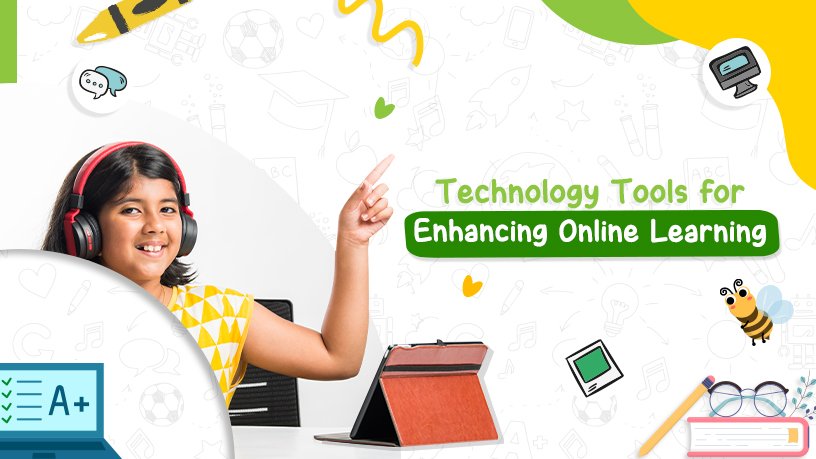
Empowering Young Minds: Technology Tools for Enhancing Online Learning for Children
In the digital age, technology has become an indispensable tool for transforming the way children learn. With the advent of online learning, it's essential to harness the power of technology to create engaging and effective educational experiences for young learners. Here are some innovative technology tools that can enhance online learning for children:
1. Interactive Learning Platforms: Interactive learning platforms like Khan Academy, ABCmouse, and Duolingo offer a wide range of educational activities tailored to different age groups and subjects. These platforms use gamification techniques to make learning fun and engaging for children, helping them develop essential skills such as math, language, and critical thinking.
2. Educational Apps: Educational apps provide a hands-on learning experience that can complement traditional classroom instruction. Apps like ScratchJr, Tynker, and Code.org introduce children to the fundamentals of coding and computer science through interactive games and projects. Other apps like Starfall and Reading Eggs focus on literacy skills, helping children improve their reading and comprehension abilities.
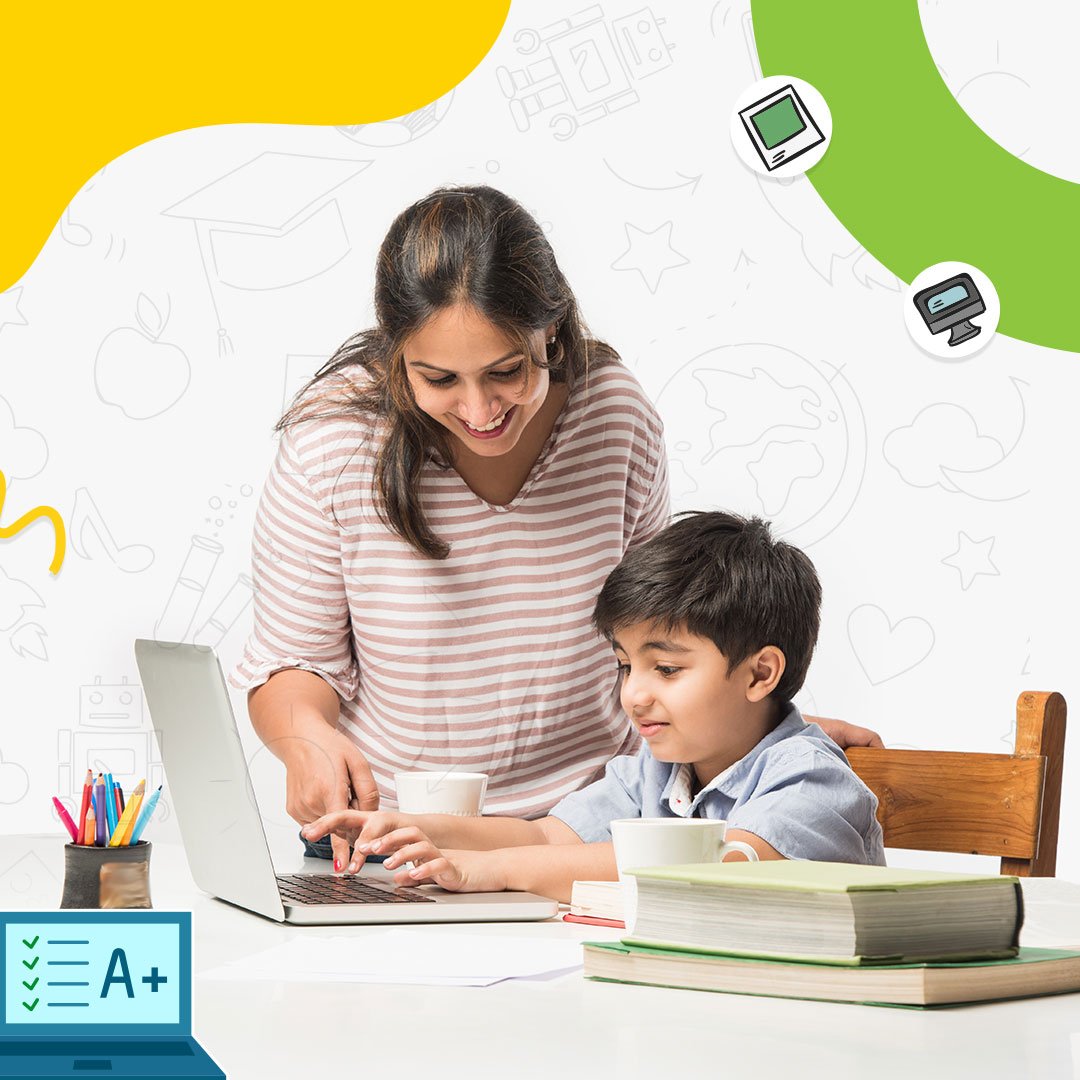
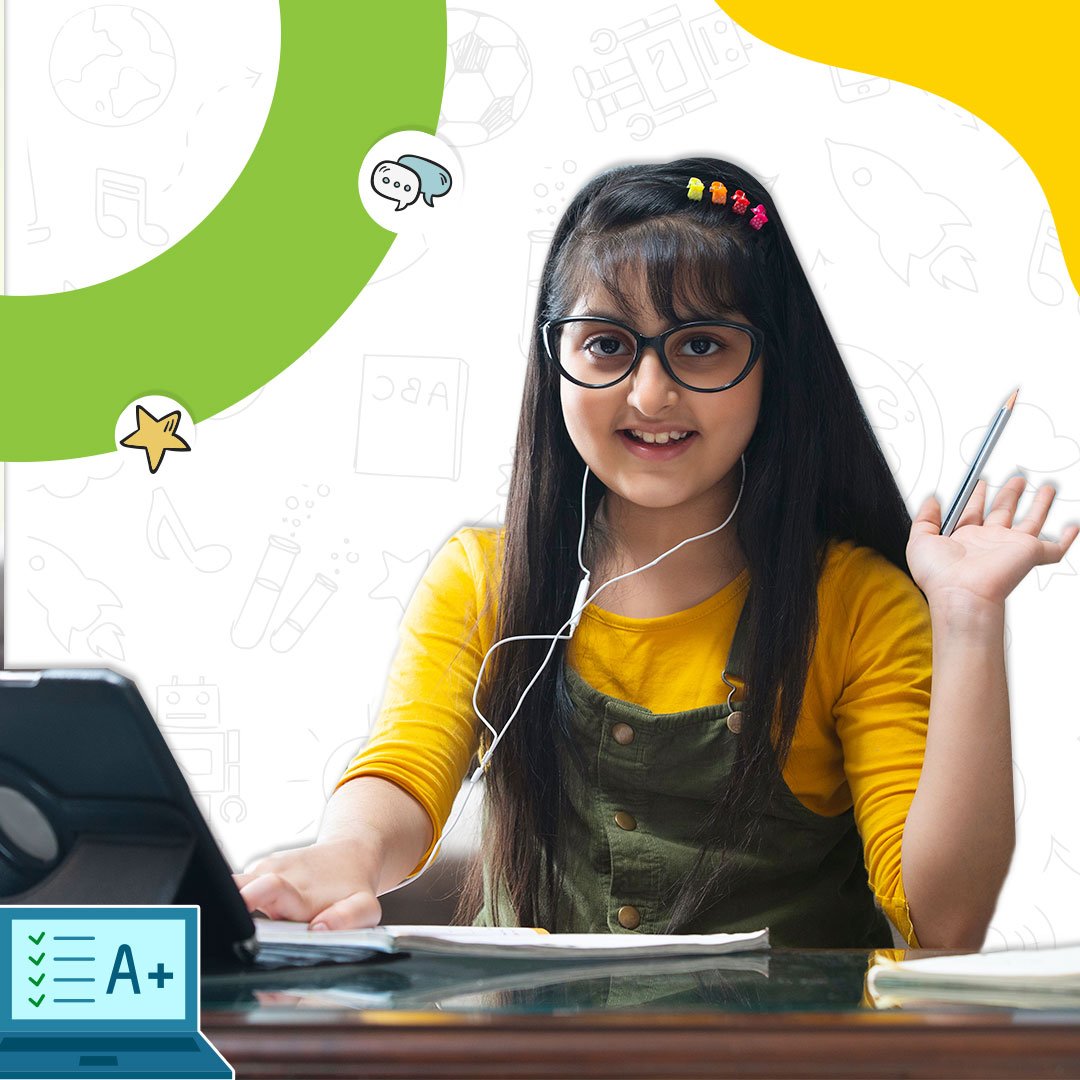
3.Virtual Reality (VR) and Augmented Reality (AR): VR and AR technologies offer immersive learning experiences that bring educational concepts to life. Virtual field trips allow children to explore historical landmarks, natural habitats, and outer space from the comfort of their homes. AR apps like Anatomy 4D enable students to interact with 3D models of the human body, making complex subjects like biology more accessible and engaging.
4.Digital Storytelling Tools: Digital storytelling tools like Storybird, Book Creator, and Puppet Pals empower children to express their creativity and imagination through multimedia storytelling. These tools provide templates, graphics, and audio features that enable children to create their own stories, comics, and animations, enhancing their literacy skills and fostering self-expression.
5. Collaborative Tools: Collaboration is an essential skill in the digital age, and online learning platforms like Google Classroom and Microsoft Teams facilitate collaboration among students and teachers. These platforms allow children to work together on projects, share ideas, and provide feedback in real-time, promoting teamwork and communication skills.
6. Adaptive Learning Software: Adaptive learning software personalizes the learning experience based on each child's individual strengths and weaknesses. Programs like DreamBox Learning and IXL use data analytics and machine learning algorithms to adjust the difficulty level of activities and provide targeted feedback, ensuring that children receive customized support to maximize their learning potential.
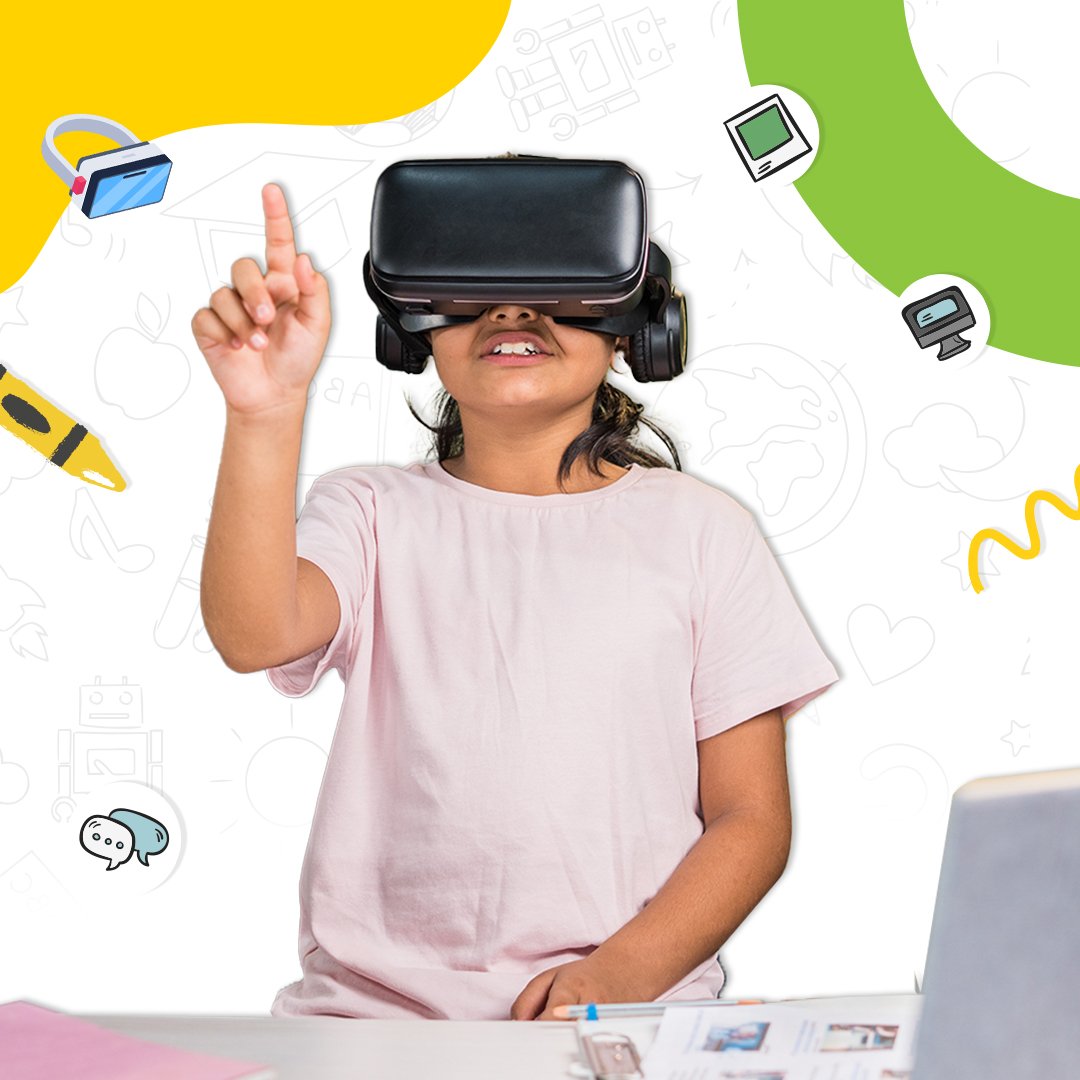
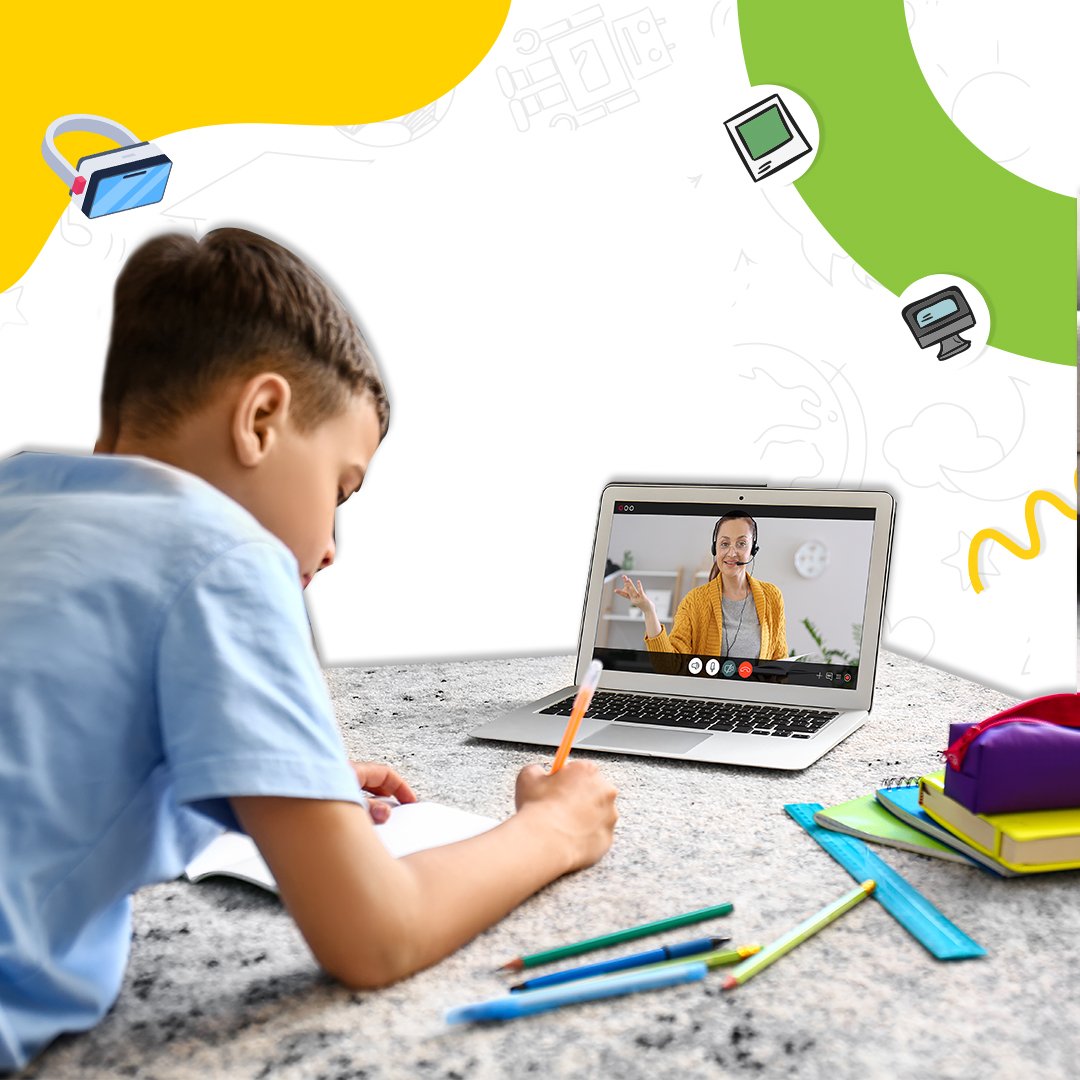
7. Parental Control and Monitoring Tools: Parental control and monitoring tools like Qustodio and Net Nanny help parents manage their children's screen time and online activities. These tools allow parents to set limits on device usage, block inappropriate content, and track their child's progress in educational apps and games, promoting responsible technology use and ensuring a safe online environment.
By implementing these tips, both students and parents can navigate the world of online learning with greater ease and efficiency. Remember, staying organized is a skill that takes time and practice to develop, so be patient and persistent. With the right strategies in place, you can set yourself or your child up for success in the virtual classroom.



